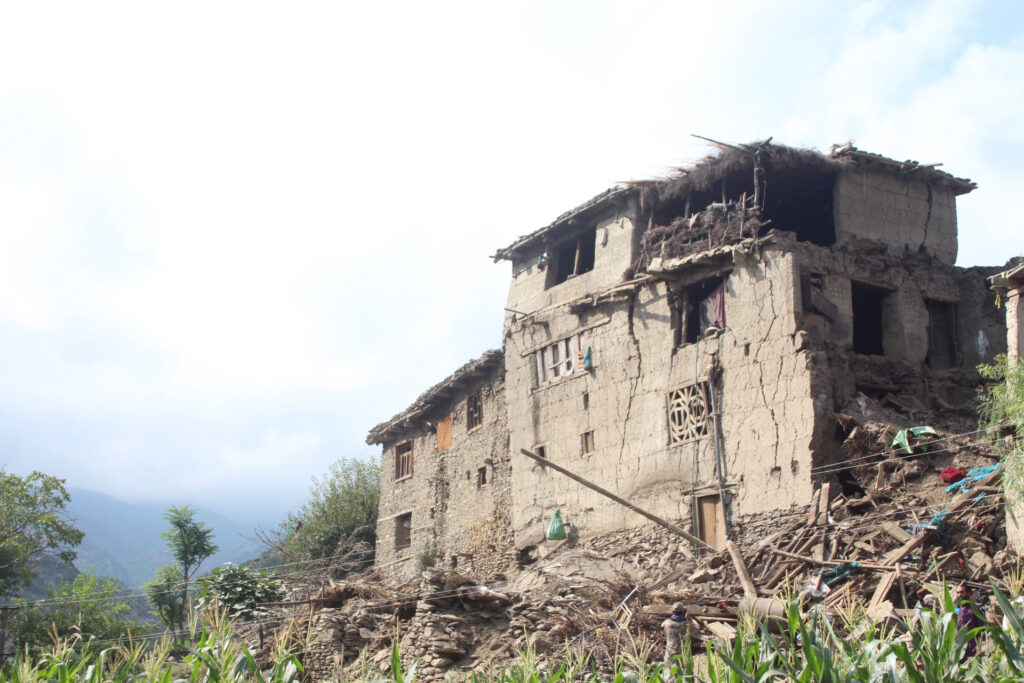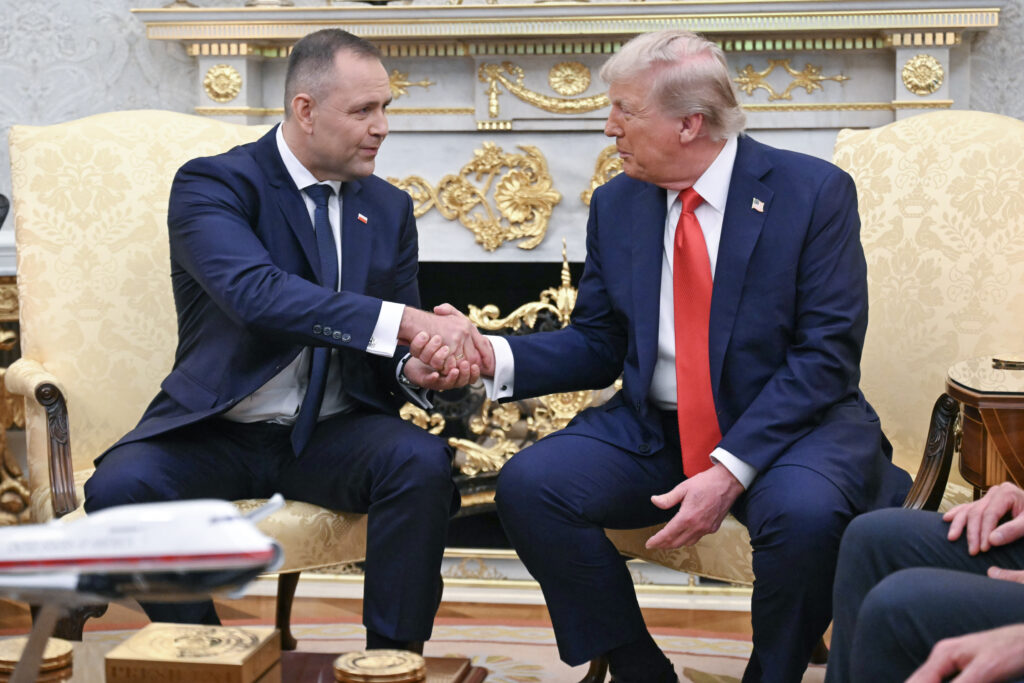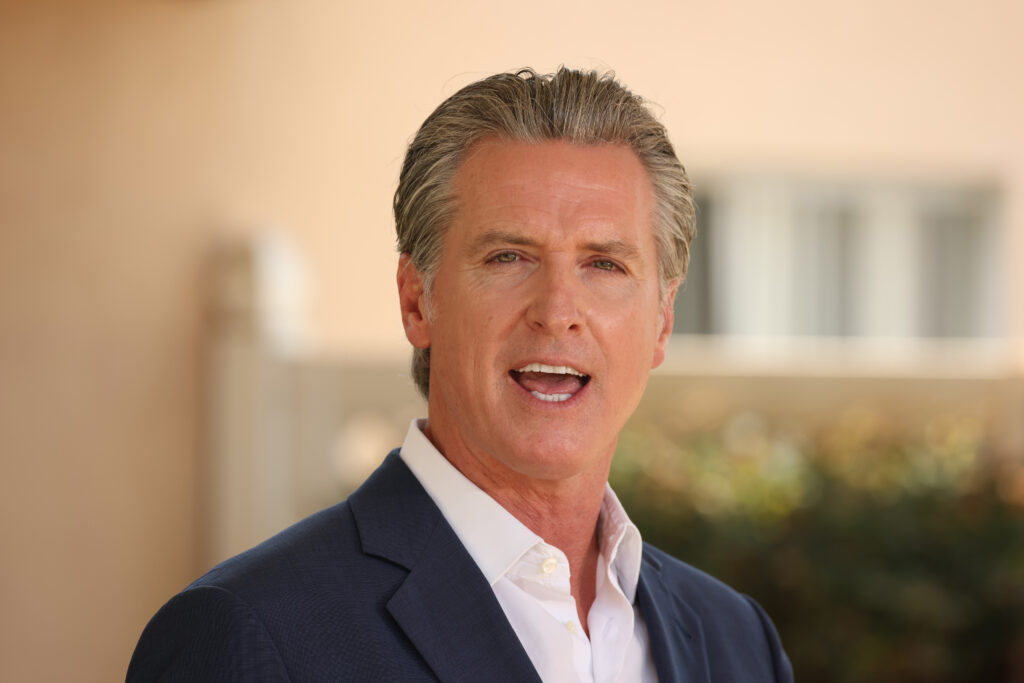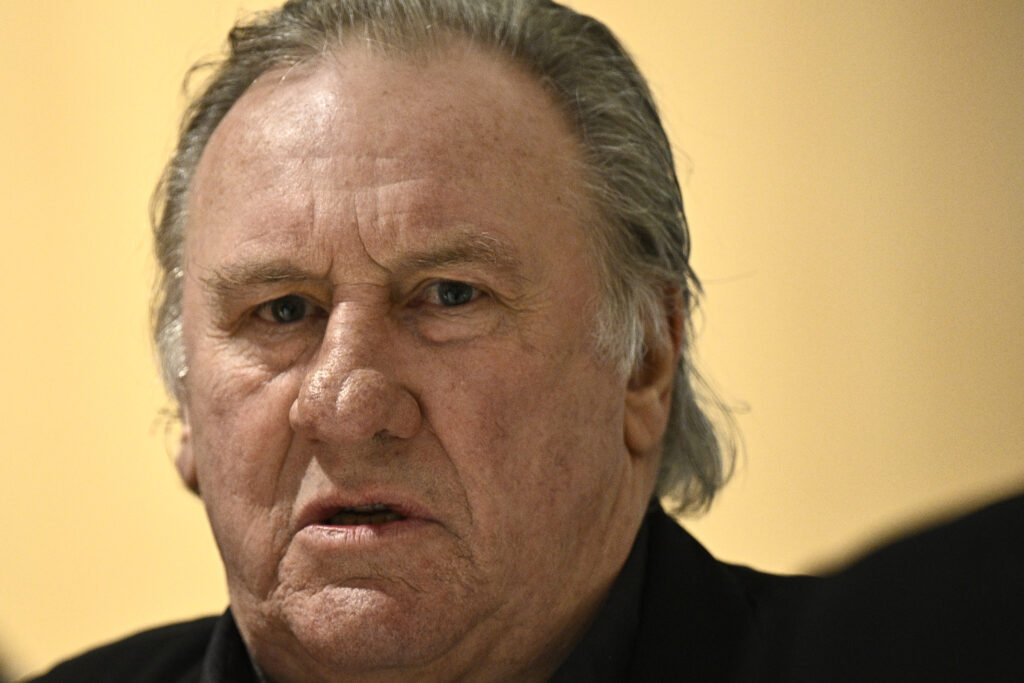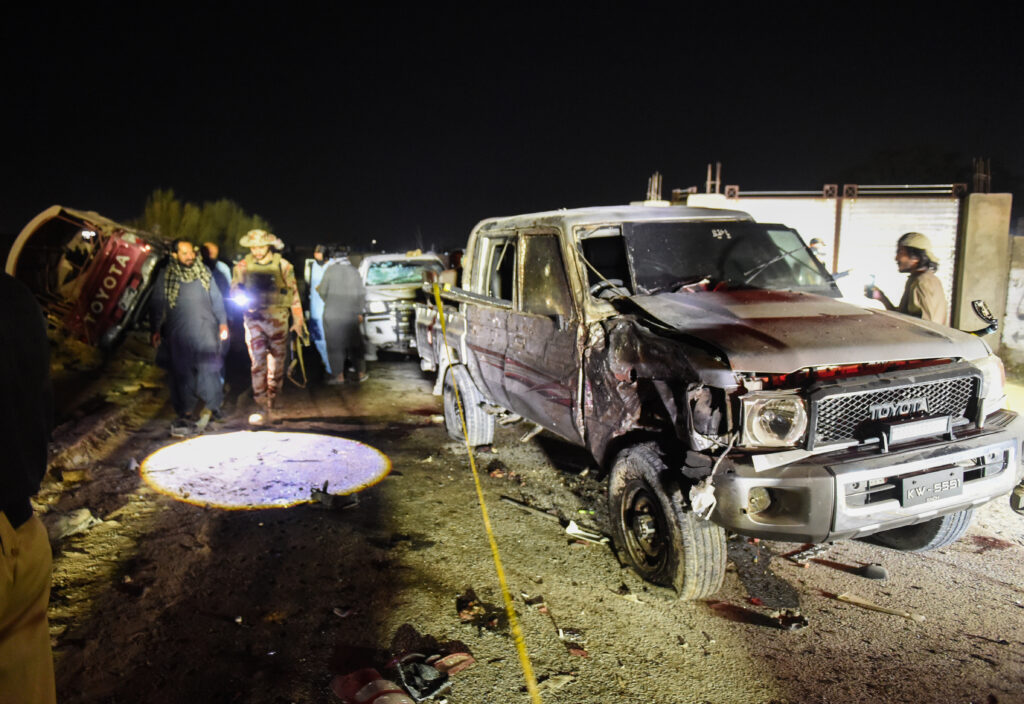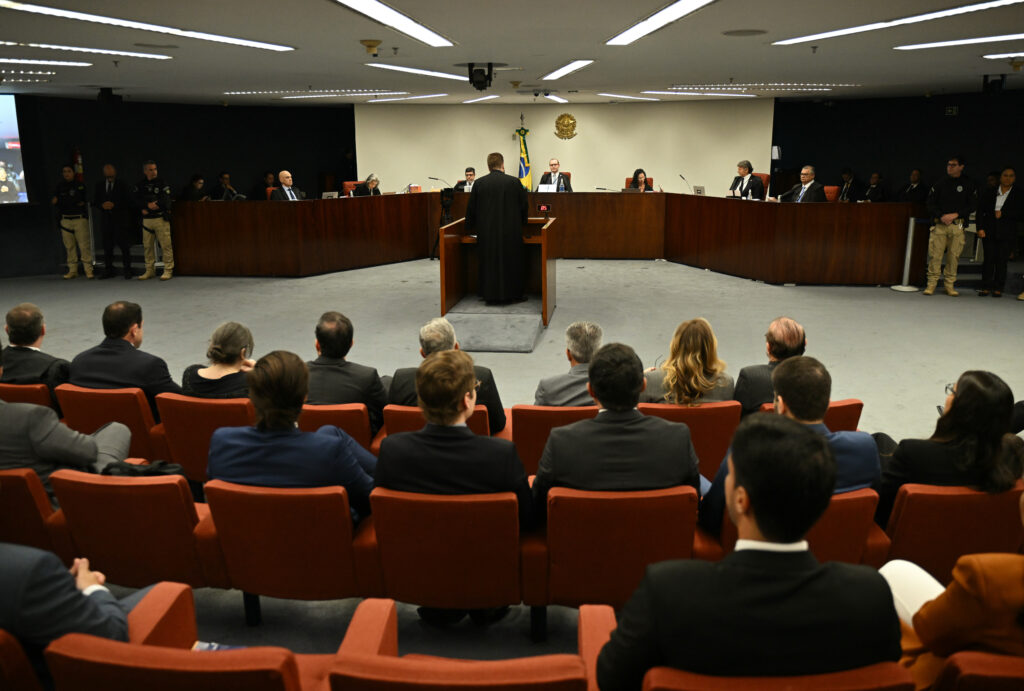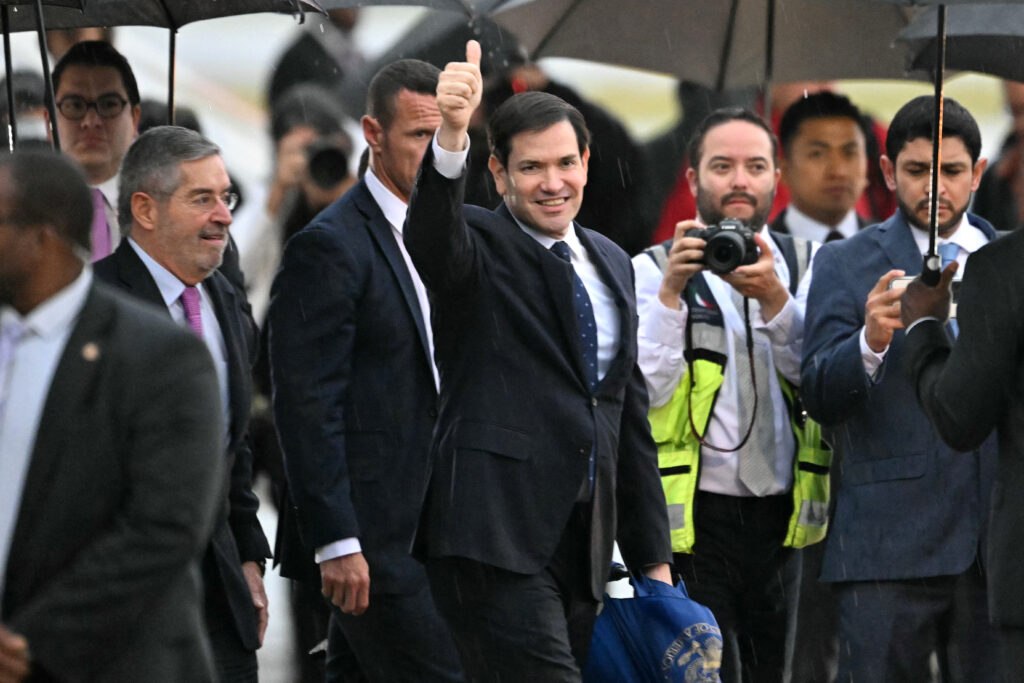En Afghanistan, trois jours après le séisme, les rescapés attendent encore de l’aide
Au troisième jour de difficiles opérations, les secours peinent encore à parvenir jusqu’aux rescapés d’un des séismes les plus meurtriers en Afghanistan, démunis face à l’avenir après avoir tout perdu.Vers minuit dimanche, un tremblement de terre de magnitude 6 a tué 1.469 personnes, en a blessé plus de 3.500 autres et a fait entièrement s’écrouler près de 7.000 maisons dans les provinces orientales de Kounar, de Laghman et de Nangarhar, près du Pakistan, d’après un bilan actualisé par les autorités talibanes mercredi après-midi.”Notre village s’est écroulé, aucune maison n’est intacte”, a déclaré à l’AFP Omarkhan Omari, 56 ans, qui dit n’avoir jamais senti la terre trembler si fort dans son village de Dara-i-Nur, dans la province de Nangarhar.L’Afghanistan, à la jonction des plaques tectoniques eurasienne et indienne, est fréquemment frappé par des tremblements de terre, mais celui-ci arrive “au pire moment” assurent les ONG et l’ONU, forcées depuis des mois de réduire leur assistance aux Afghans en raison des coupes dans l’aide internationale. Dans le district de Nourgal, dans la province de Kounar, “certains villages n’ont toujours pas reçu d’aide”, rapporte à l’AFP Ijaz Ulhaq Yaad, un haut fonctionnaire local. Les glissements de terrain rendent très difficile l’accès aux hameaux de montagne et l’ONG Save The Children a rapporté qu’une de ses équipes avait marché 20 km pour “atteindre un village coupé du monde par des éboulements, transportant de l’équipement médical sur leurs dos”.- “Course contre la montre” -Sur place, les familles n’ont désormais plus rien pour survivre à flanc de montagne.Malik Chahwaiz, 55 ans, raconte que tout le monde vit dehors, loin des habitations de pierre et de terre battue.”Nous ne laissons pas nos enfants entrer dans les maisons, elles ont toutes tremblées, sont fissurées, il y a des toits qui s’écroulent”, dit-il à l’AFP.L’ONG ActionAid, se dit elle “engagée dans une course contre la montre”.”Les services publics sont déjà à bout” dans le pays, l’un des plus pauvres au monde, explique Srikanta Misra, son directeur national. Et le séisme a frappé des villages reculés “où les gens souffraient déjà de pénuries alimentaires, avec un habitant sur cinq souffrant de la faim”.Surtout, dans ces villages se trouvaient des familles tout juste revenues du Pakistan, en pleine campagne d’expulsion d’Afghans sur son sol. Ces départs, pour beaucoup forcés selon l’ONU, se sont malgré tout accélérés depuis le jour du séisme, qui correspondait à la date butoir donnée par Islamabad aux Afghans porteurs de cartes de réfugiés de l’ONU pour quitter le territoire.Depuis lundi, des milliers d’Afghans sont repartis, ont rapporté à l’AFP des responsables des deux côtés de la frontière.Il faut que cela cesse, a plaidé sur X le chef de l’agence de l’ONU pour les réfugiés Filippo Grandi.”Compte tenu des circonstances, je lance un appel au gouvernement du Pakistan pour qu’il suspende la mise en oeuvre du Plan de rapatriement des étrangers illégaux”, a-t-il écrit.- Après-séisme? -Dans l’Est dévasté, le ministère afghan de la Défense assure avoir organisé des dizaines de vols pour évacuer quelque 2.000 blessés et leurs proches vers des hôpitaux de la région.Depuis dimanche, les autorités talibanes n’ont pas fait état de plan pour l’après-séisme, que ce soit en termes d’aide financière aux sinistrés, de stratégie de relogement et, à plus long terme, de reconstruction. Elles se contentent d’affirmer qu’elles ne pourront pas faire face seules.Hamdullah Fitrat, porte-parole adjoint du gouvernement, a indiqué que des camps avaient été établis près de l’épicentre pour notamment stocker les fournitures d’urgence et gérer le transfert des blessés.L’ONU a déjà débloqué cinq millions de dollars de son fonds mondial d’intervention d’urgence.Mais l’Organisation mondiale de la santé (OMS) a déjà dit manquer de trois millions de dollars pour mettre en œuvre sa réponse d’urgence.L’agence onusienne a par ailleurs souligné dans un communiqué le risque d’apparition d’épidémies, “au sein de populations déplacées déjà vulnérables”.Après leur retour au pouvoir en 2021, les talibans avaient déjà été confrontés au séisme le plus meurtrier en 25 ans: en 2023, dans la région d’Hérat (ouest), à l’autre extrémité de l’Afghanistan, plus de 1.500 personnes avaient été tuées et plus de 63.000 habitations détruites.Depuis 1900, le nord-est de ce pays a connu 12 séismes d’une magnitude supérieure à 7, selon Brian Baptie, sismologue au British Geological Survey.

